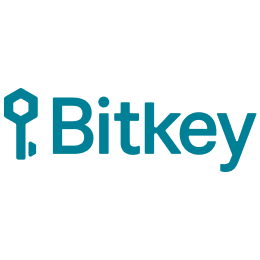How Bitkey used Chain Code Delegation to create the first private collaborative bitcoin wallet.
Starting today, Bitkey users can enjoy the safety of collaborative multisig without giving up privacy around their wallet balances or transaction history.
It’s a first for multisig wallets—and another step toward making self-custody accessible by everyone who wants to own bitcoin.
Solving a long-standing tradeoff
With Chain Code Delegation, a new Bitcoin Improvement Proposal authored by current and former Bitkey engineers, that tradeoff disappears. By keeping complete chain codes private, Bitkey’s implementation allows the wallet owner to control who else can see their wallet history.
While a wallet’s UTXO set is temporarily exposed to Bitkey’s servers during a wallet recovery, this data is never logged.
We’re working on a server-verifiability feature that will let users independently confirm that their UTXO data is never recorded—further strengthening privacy guarantees.
What this means for Bitkey customers
This improvement allows Bitkey to offer all three pillars of self-custody—security, usability, and privacy—in a multisig wallet. This feature will be rolled out over the next few weeks. You will see an announcement in your app when your update is ready. To upgrade your Bitkey to the new private wallet, just open the app and go to Settings > Private wallet update.
Built on open standards
Bitkey’s implementation is the first of its kind, but the underlying proposal is public. Chain Code Delegation is an open Bitcoin Improvement Proposal, available for anyone to review and build on.
Our hope is that others will adopt it too—so that privacy in collaborative multisig becomes not a feature, but a standard.
Learn more about the BIP and what it means for bitcoin.


